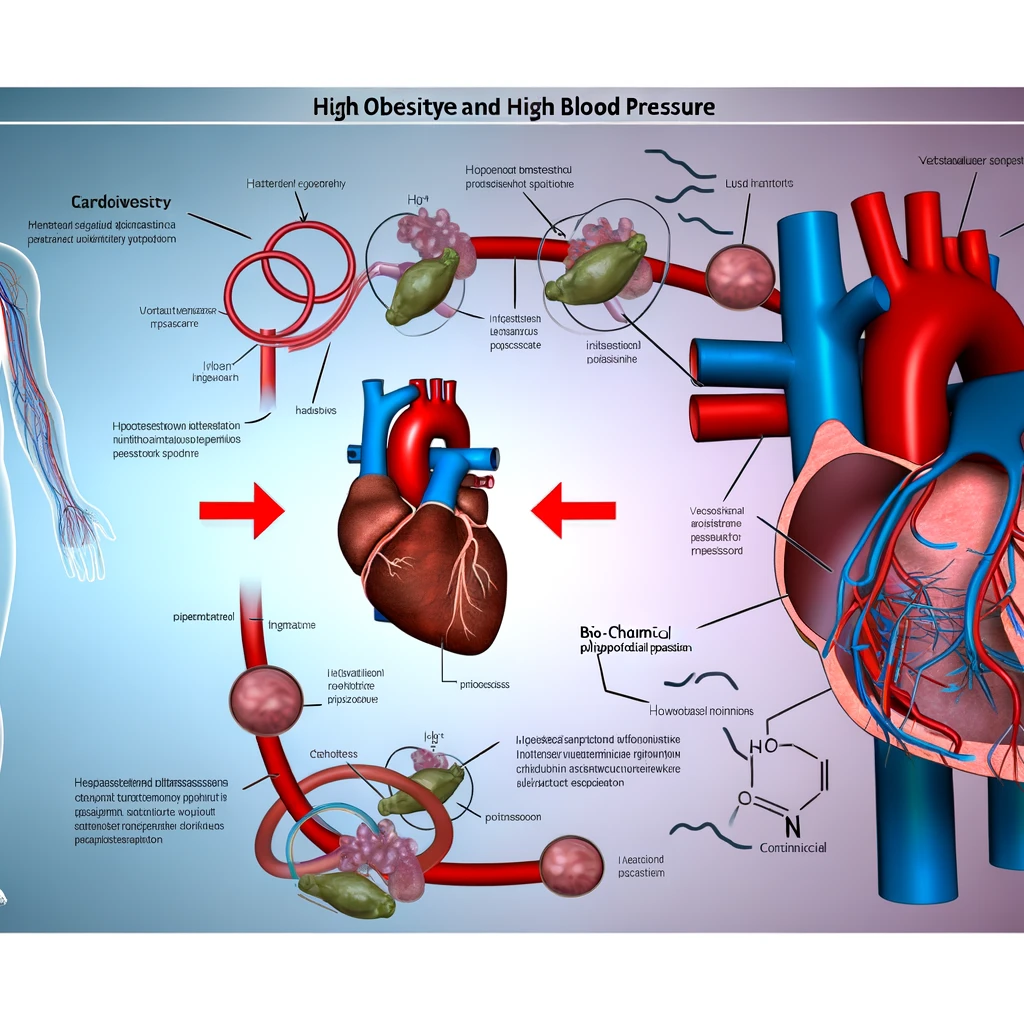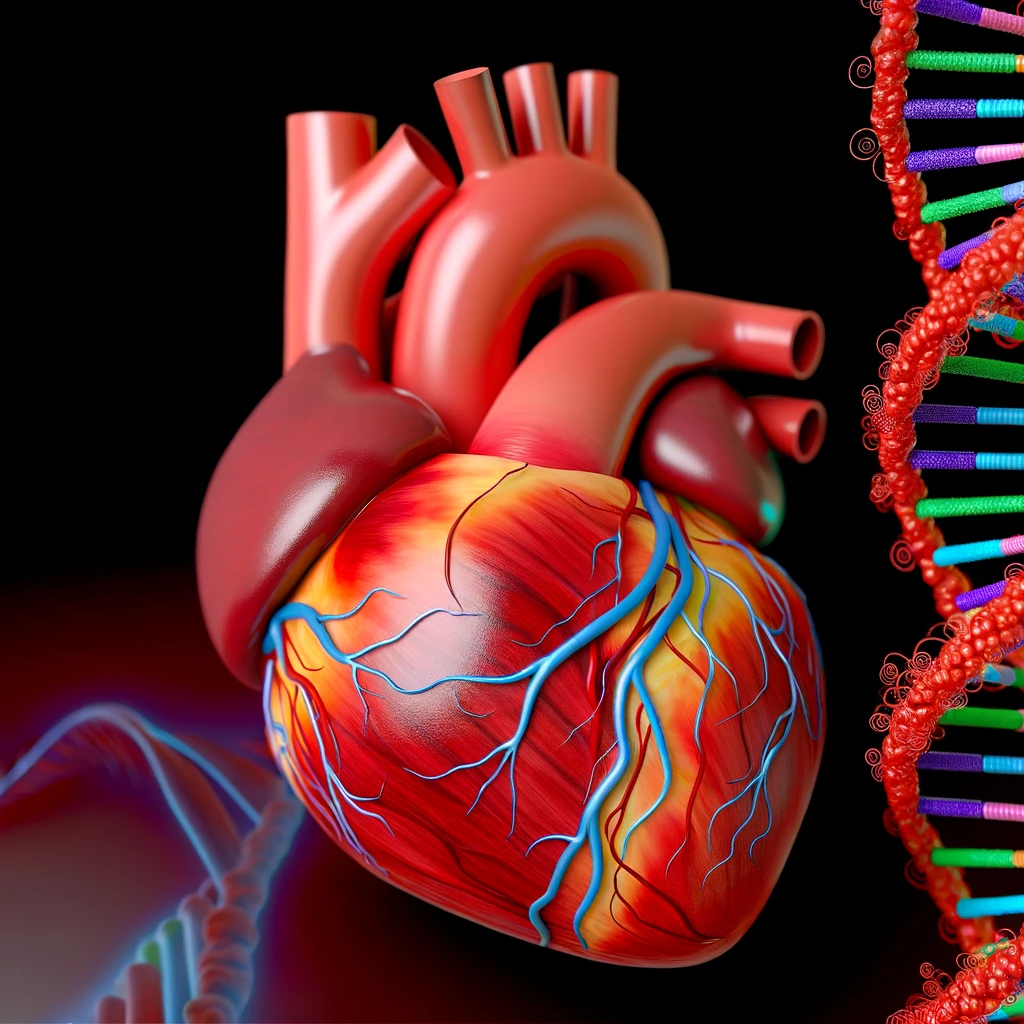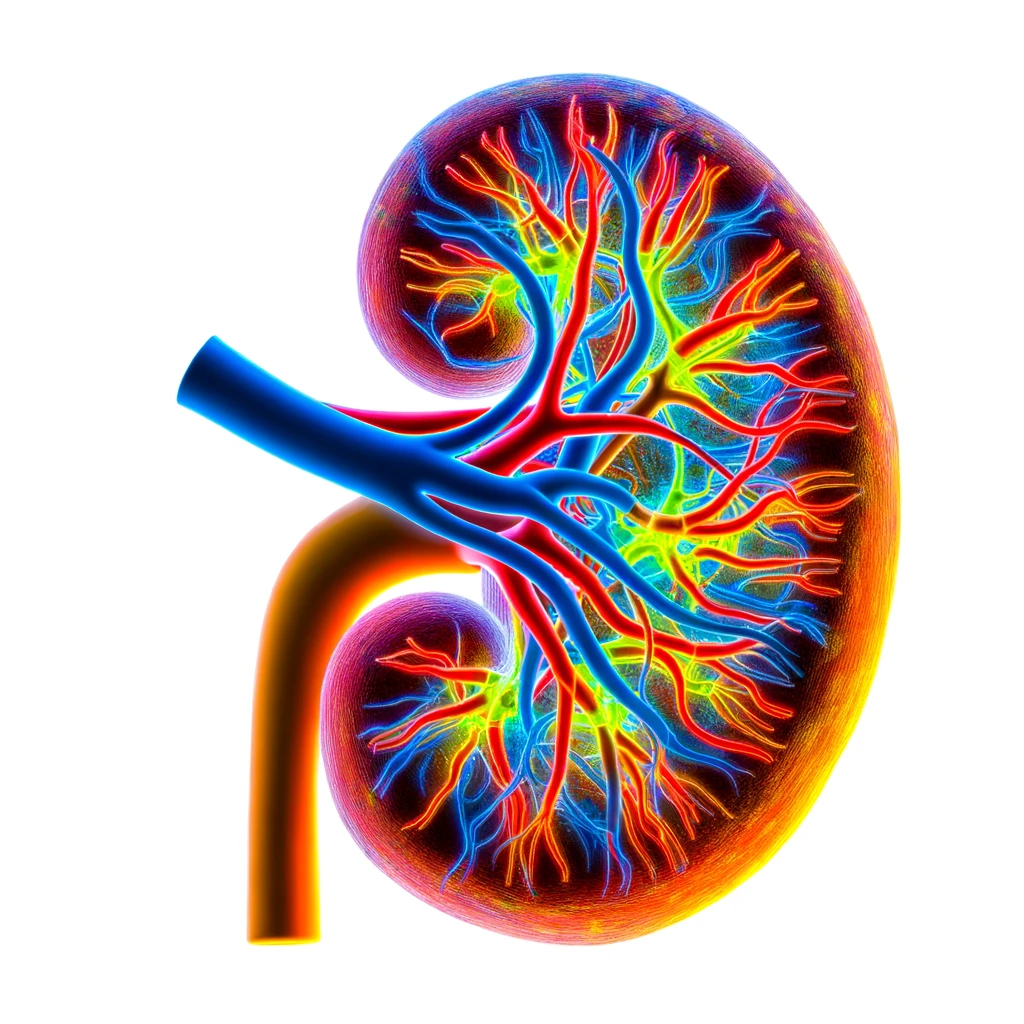Related Articles









The kidneys play a pivotal role in maintaining overall health, particularly in regulating blood pressure. Understanding the intricate relationship between kidney function and blood pressure is essential for preventing and managing hypertension, a leading cause of heart disease and stroke.
The kidneys are vital organs responsible for filtering waste and excess fluids from the blood, which are then excreted as urine. This process is crucial for maintaining the body's electrolyte balance and blood pressure. The kidneys achieve this through:
When kidney function is compromised, the body's ability to regulate blood pressure is adversely affected. Chronic kidney disease (CKD) often leads to hypertension, creating a dangerous cycle that can exacerbate kidney damage. Key factors include:
Symptoms of poor kidney function and related hypertension can be subtle but include:
Regular medical check-ups can aid in early detection and prevention of further complications.
Maintaining healthy kidneys and blood pressure involves a combination of lifestyle changes and medical interventions:
A balanced diet low in sodium and rich in fruits, vegetables, and whole grains can significantly impact kidney health and blood pressure. Consider:
Engaging in regular physical activity helps manage weight, reduce blood pressure, and improve overall cardiovascular health. Aim for at least 150 minutes of moderate exercise weekly.
In cases of CKD or hypertension, healthcare providers may prescribe medications such as ACE inhibitors or diuretics to control blood pressure and protect kidney function.
Understanding and managing the relationship between kidney health and blood pressure is crucial for preventing long-term health issues. By adopting a healthy lifestyle and seeking regular medical advice, individuals can safeguard their kidney function and maintain optimal blood pressure levels.